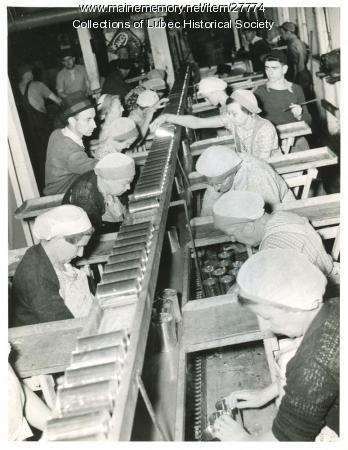Angus Forbes
One of the Regulars
- Messages
- 261
- Location
- Raleigh, NC, USA
^^ This was my experience, too.
This social aspect also worked to the advantage of families with children -- it was very easy to find a place to park your kids for the afternoon while you went to the store or whatever. In most neighborhoods everyone knew everyone else, and it was nothing to leave your kids with the neighbors for an hour or two --- they'd leave their kids with you just as freely, knowing it all worked out even in the end. Same with supervising kids playing in the street -- even if they were out of your sight, you knew they were in someone else's sight, and that someone wouldn't hesitate to discipline them if they needed it, just as you'd feel free to put the neighbor's kid in their place if they got out of line. The whole atmosphere in a typical neighborhood was far more collective than individualized.
This brings up another easy-to-overlook factor and that is the sheer number of children running around in the fifties. This was after all the baby boom generation. Every house seemed to have 2, 3 or more children in it. When we went out to play we were never alone, there was always some kind of group. If anyone got hurt or in trouble it took only a minute to run to the nearest house and get someone's mom.
Today with all the moms away at work and an average of less than one child per marriage, and a lot less married couples, no wonder suburban streets look deserted. Maybe it's not such a bad idea to keep the kids inside, out there it is a lot lonelier than it used to be.

So now the baby boom generation looks like some kind of anomaly where it can easily be explained by the social, economic and political forces of the times.
Again, this was all sharply divided along class lines. Women were very common in the manufacturing sector before, during and after the war. All that changed during the war is that *middle class* women went into industrial jobs.
 John Lofgren Monkey Boots Shinki Horsebuttt - $1,136 The classic monkey boot silhouette in an incredibly rich Shinki russet horse leather.
John Lofgren Monkey Boots Shinki Horsebuttt - $1,136 The classic monkey boot silhouette in an incredibly rich Shinki russet horse leather.  Grant Stone Diesel Boot Dark Olive Chromexcel - $395 Goodyear welted, Horween Chromexcel, classic good looks.
Grant Stone Diesel Boot Dark Olive Chromexcel - $395 Goodyear welted, Horween Chromexcel, classic good looks.  Schott 568 Vandals Jacket - $1,250 The classic Perfecto motorcycle jacket, in a very special limited-edition Schott double rider style.
Schott 568 Vandals Jacket - $1,250 The classic Perfecto motorcycle jacket, in a very special limited-edition Schott double rider style. The middle class had the money to spend -- why waste time targeting people who weren't able to indulge in conspicuous consumption? The Boys From Marketing have never believed in wasting time on the riff raff -- how often do you see a working-class family in *today's* ads?